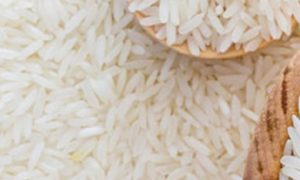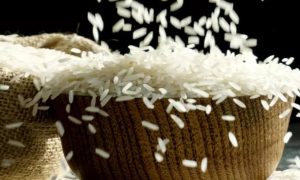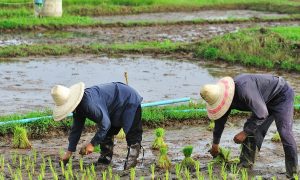India cites rice export ban, red sea crisis, and maize price drop for 3.24% YoY decline in Agri exports

The Commerce Ministry links the decline in agri-exports for FY 2024-25 to three factors: the rice export ban, the Red Sea crisis, and falling global maize prices. Despite a 6.47% increase in fruits and vegetables exports and a 12.40% rise in cereal preparations, overall exports fell due to a 76% drop in maize exports and declines in oil meals and cashews. To address this, APEDA is launching a pilot program to onboard exporters and Food Processing Organisations (FPOs) onto the ONDC platform, focusing on 25 products to boost global market share.
While there was a 6.47% rise in exports of fruits and vegetables and a 12.40% increase in exports of cereal preparations and miscellaneous processed items, these gains were offset by a 76% fall in exports of other cereals, primarily maize. Additionally, exports of oil meals and cashews declined by 25.82% and 17.08%, respectively.
The Commerce Ministry attributes the fall in agri-exports in the first quarter of FY 2024-25 to three main factors: the ban on rice exports, the Red Sea crisis and a fall in global maize prices.
To counteract the decline and boost India’s agri-exports, the Agricultural and Processed Food Products Export Development Authority (APEDA) is implementing a pilot program. This initiative aims to onboard exporters and Food Processing Organisations (FPOs) onto the export vertical of the Open Network for Digital Commerce (ONDC).
APEDA is focusing on 25 products for export, most of which are not typically subject to export curbs like rice or onions. The goal is to secure a larger share of the global market for Indian agricultural products by diversifying export offerings and connecting FPOs with new markets to expand the overall export basket.















